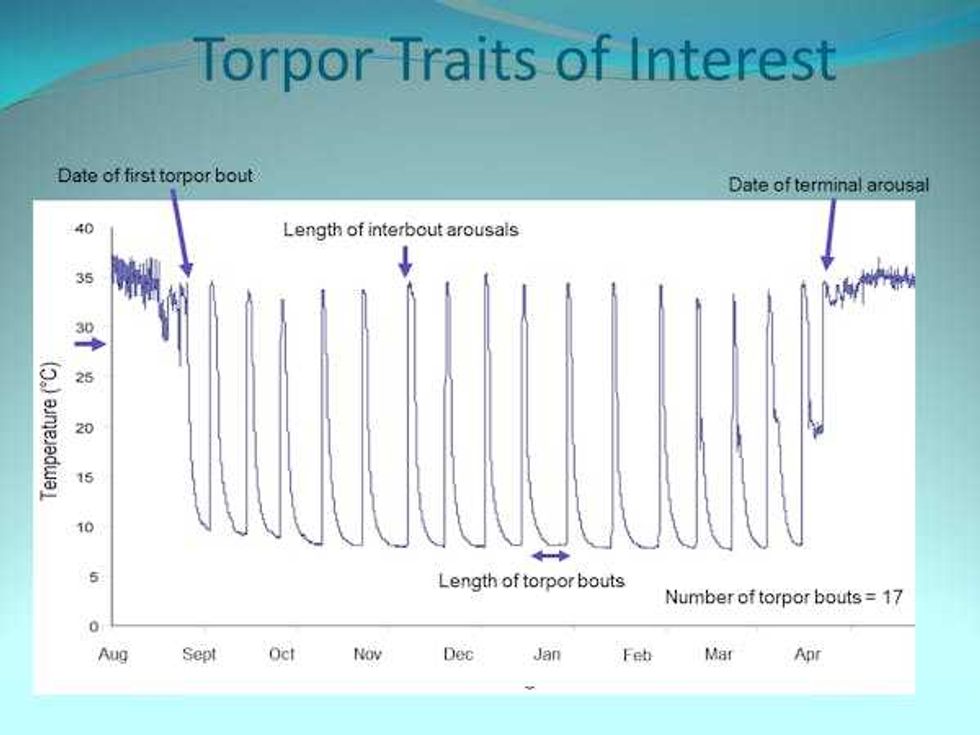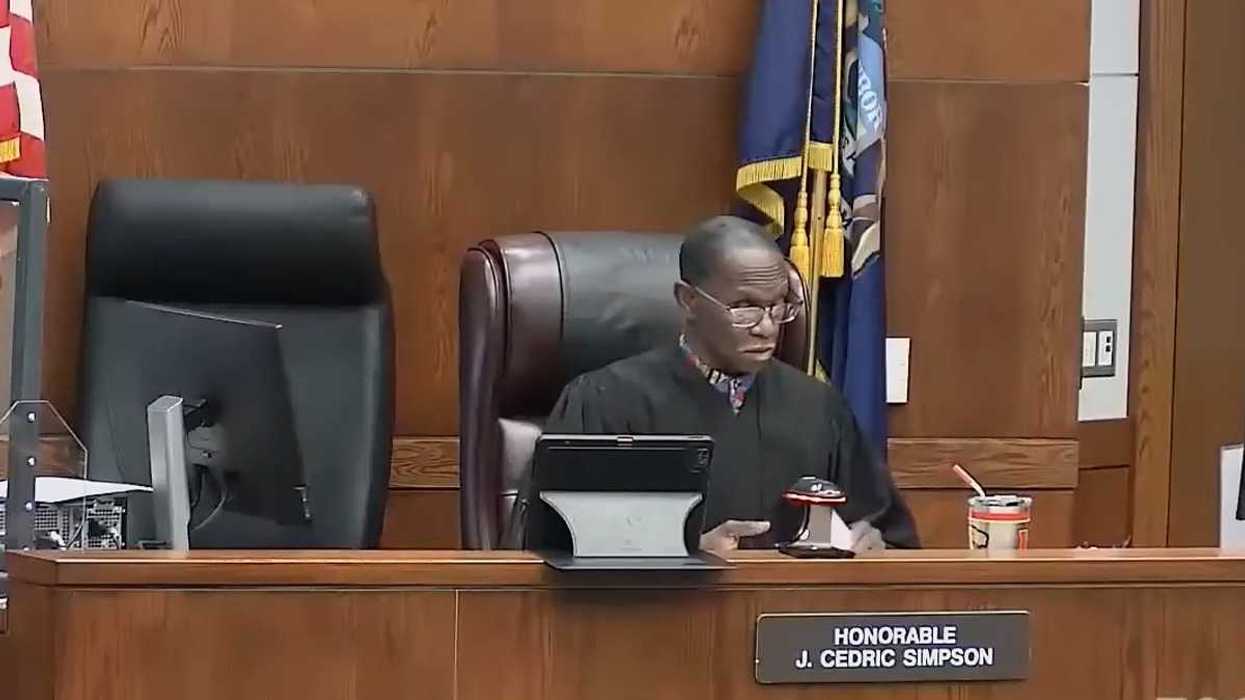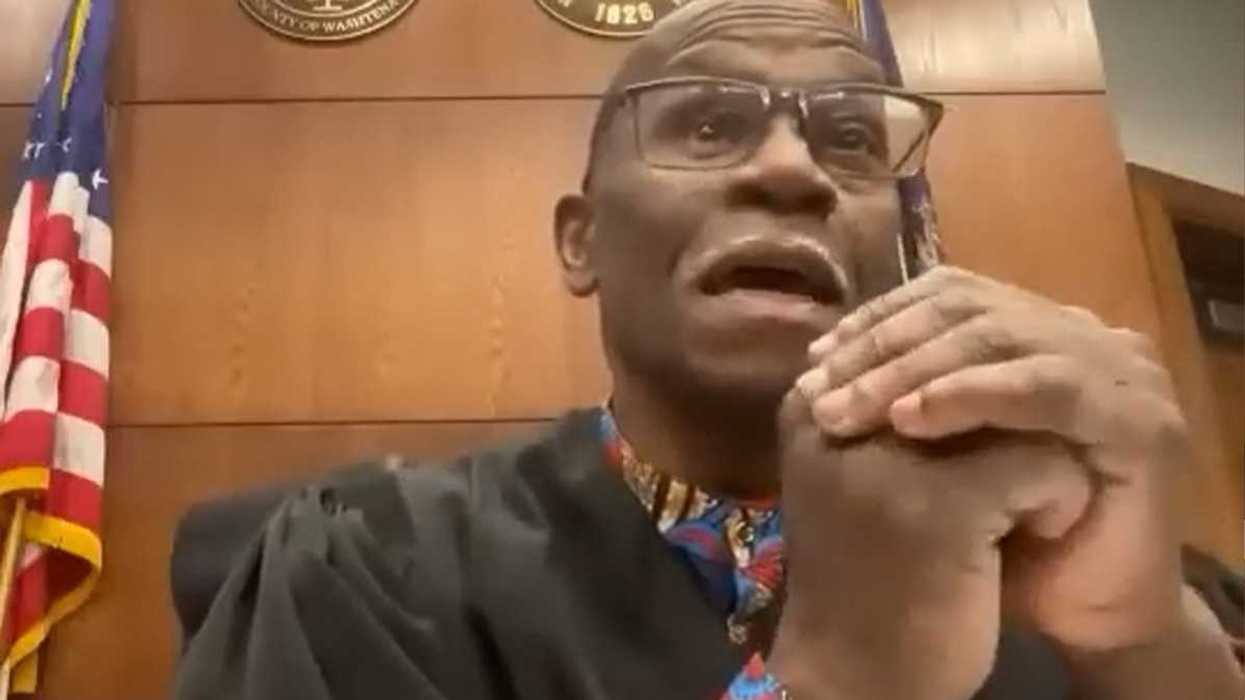In the United States, close to 10% of the population has depression, but sometimes it can take a long time for someone to even understand that they have it.
One difficulty in diagnosis is trying to distinguish between feeling down and experiencing clinical depression. This TED-Ed video from December 2015 can help make the distinction. With simple animation, the video explains how clinical depression lasts longer than two weeks with a range of symptoms that can include changes in appetite, poor concentration, restlessness, sleep disorders (either too much or too little), and suicidal ideation. The video briefly discusses the neuroscience behind the illness, outlines treatments, and offers advice on how you can help a friend or loved one who may have depression.
Unlike the many pharmaceutical ads out there with their cute mascots and vague symptoms, the video uses animation to provide clarity about the mental disorder. It's similar in its poignant simplicity to the HBO short documentary “ My Depression," based on Liz Swados' book of the same name.
Want to share this article with your friends? Just copy and paste this link:
















 Female groundhog emerging from her burrow in late January.Stam Zervanos, Author provided
Female groundhog emerging from her burrow in late January.Stam Zervanos, Author provided This Maine groundhog had 17 torpor bouts where body temperature went up and down.Stam Zervanos, Author provided
This Maine groundhog had 17 torpor bouts where body temperature went up and down.Stam Zervanos, Author provided Male groundhog (on the right) greeting a female groundhog for the first time after they emerge from their separate burrows.Stam Zervanos, Author provided
Male groundhog (on the right) greeting a female groundhog for the first time after they emerge from their separate burrows.Stam Zervanos, Author provided
 A beluga whale frolicking in the oceanCanva
A beluga whale frolicking in the oceanCanva  A beluga whale pops up from the waterCanva
A beluga whale pops up from the waterCanva 

 A woman sits in a new car at a dealershipCanva
A woman sits in a new car at a dealershipCanva GIf from 'Pretty Woman' of Roberts saying "BIg mistake. Big. Huge." via
GIf from 'Pretty Woman' of Roberts saying "BIg mistake. Big. Huge." via 

 People voting. Photo credit:
People voting. Photo credit:  Young women rally. Photo credit:
Young women rally. Photo credit:  Tressie McMillan Cottom.Tressie McMillan Cottom/
Tressie McMillan Cottom.Tressie McMillan Cottom/ 
 Winter weather.
Winter weather. 
 Honorable J. Cedric Simpson at work in the courtroom.Image from
Honorable J. Cedric Simpson at work in the courtroom.Image from  A close up of Judge Simpson.Image from
A close up of Judge Simpson.Image from